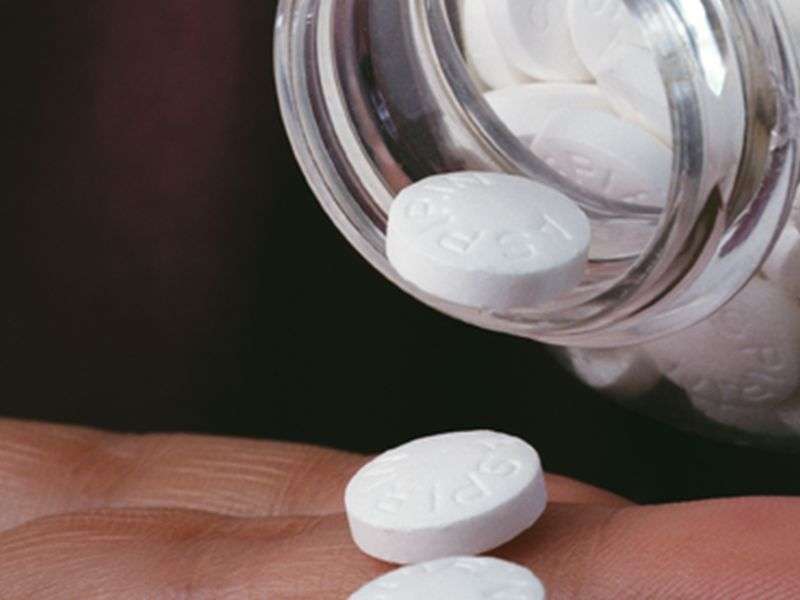(HealthDay)—The effects of aspirin on platelet inhibition may be more potent after bariatric surgery, according to a study published online July 14 in Cardiovascular Therapeutics.
Nicholas B. Norgard, Pharm.D., from the University at Buffalo in New York, and colleagues administered two seven-day courses of 81 mg aspirin in 15 patients scheduled to undergo bariatric surgery. The courses were administered before surgery and three months after surgery. Before and after each aspirin course, they measured platelet aggregation. The change in on-treatment aspirin reactive units (ARUs) pre- and post-surgery was measured as the primary end point.
The researchers found that off-treatment ARU was significantly reduced post-bariatric surgery versus pre-surgery levels (602±59 versus 531±78; P = 0.035). After surgery there was also a significant reduction in on-aspirin platelet reactivity (469±60 versus 432±143; P = 0.03). The extent of weight loss was significantly correlated with the degree of improvement in on-aspirin platelet reactivity (r² = 0.49; P = 0.024). Compared with normal-weighted subjects, obese patients had significantly higher pre-surgery on-aspirin platelet reactivity (469±60 versus 419±52; P = 0.016), which was reduced to baseline after surgery (432±63 versus 419±52; P = 0.54).
"Aspirin-induced platelet inhibition may be more potent following bariatric surgery," the authors write. "The mechanisms behind this improvement require further investigation."
More information:
Abstract
Full Text (subscription or payment may be required)
Copyright © 2017 HealthDay. All rights reserved.






















